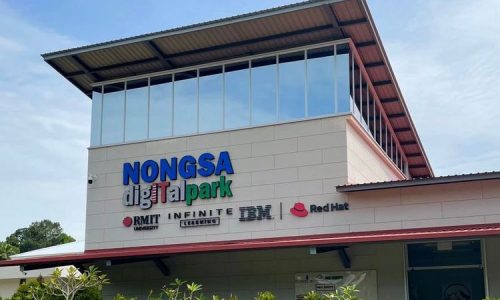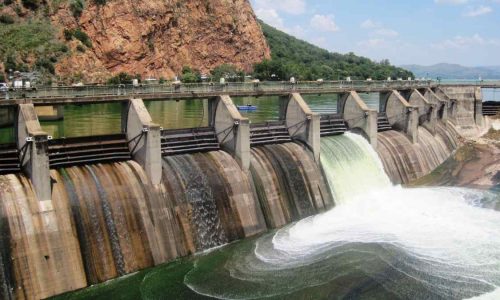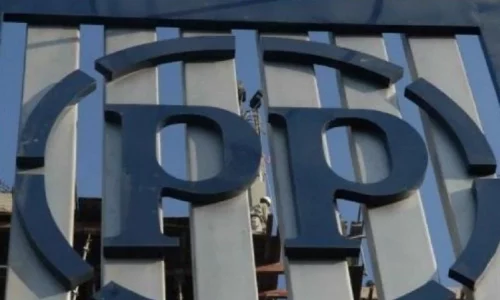The Jakarta-Bandung High-Speed Rail (KCJB) project has once again come under public scrutiny in Indonesia due to the government’s willingness to guarantee debt payments to China for the project.
Most of the KCJB investment is funded through loans from the China Development Bank (CDB), with the rest coming from the Indonesian state budget (APBN) and the capital of a consortium of Indonesian and Chinese state-owned enterprises (BUMN).
It’s worth noting that the KCJB project has experienced a cost overrun of US$ 1.2 billion (IDR 18.02 trillion). This figure resulted from a joint audit and was agreed upon by both countries, bringing the total project cost to US$ 7.27 billion (IDR 108.14 trillion).
Debt trap concerns
Bhima Yudhistira, an economist and Director of the Center of Economics and Law Studies (Celios), expressed concerns that, based on several indicators, the KCJB project falls into the category of China’s debt trap. He mentioned that the project’s high cost being borne by the Indonesian state budget is one such indicator.
From the beginning, China’s proposal promised that the high-speed train project would not burden Indonesia’s state budget. However, both China and the Indonesian government failed to uphold this commitment.
This offer from China, providing the allure of developing the high-speed rail without utilizing Indonesia’s state budget, was also a reason for Indonesia’s rejection of Japan’s proposal. Japan had predicted the difficulty of realizing the KCJB project without guarantees from the Indonesian government.
Bhima also highlighted Indonesia’s readiness to agree to China’s demand for state guarantees on debt and interest payments.
Failed interest rate negotiations
Luhut Binsar Pandjaitan, Coordinating Minister for Maritime Affairs and Investment admitted to failing in negotiations regarding the interest rate for KCJB project loans.
During his visit to China, the Chinese government insisted on setting the interest rate for the debt at 3.4 percent, while the Indonesian government aimed for a lower rate of 2 percent.
“We wanted a 2 percent (interest rate), but we didn’t achieve that for all of it. Because if we borrow externally, the interest rate can now be as high as 6 percent,” Luhut stated.
This debt will be shouldered by PT Kereta Cepat Indonesia China (KCIC). As the operator and owner of the concession, both principal and interest payments will be borne by the KCIC consortium.
The consortium involves nine companies, including four Indonesian state-owned enterprises (BUMN): Wijaya Karya, Jasamarga, Perkebunan Nusantara VIII, and Kereta Api Indonesia (KAI).
On the Chinese side, companies such as China Railway International Company Ltd (CREC), China Railway Group Ltd, Sinohydro Corporation Limited, CRRC Corporation Ltd, dan China Railway Signal & Communication Corporation Ltd (CSRC) are involved.
Indonesian BUMN formed a business entity called PT Pilar Sinergi BUMN, while China established China Railway. These two joint companies then formed the PT KCIC consortium, with PT Pilar Sinergi BUMN Indonesia holding a 60 percent stake, while the remaining 40 percent is owned by the Chinese consortium.









